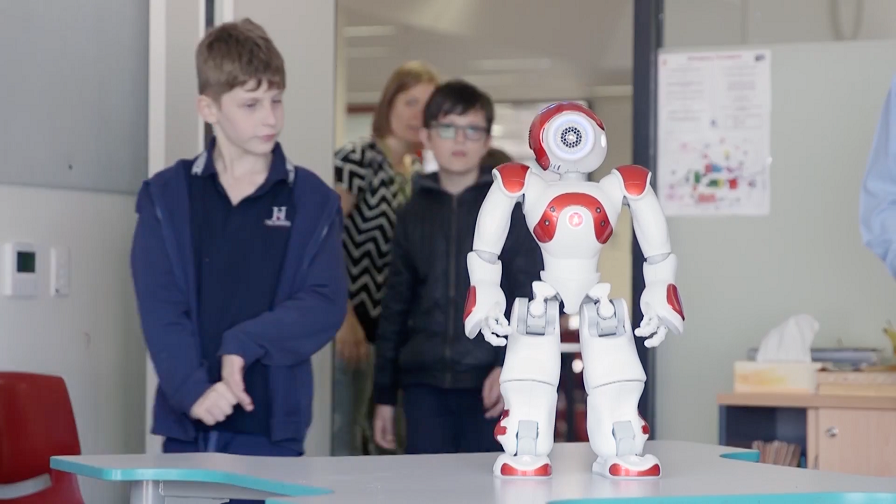At 1:00 pm Beijing time (1:00 am Eastern Standard Time) on the 25th of July, iSpace—which also goes by the name Interstellar Glory Space Technology Company—successfully launched the Hyperbola-1 launch vehicle from Jiuquan Satellite Launch Centre in the Gobi Desert. This represents a first for both the company and the country, as iSpace has become the first private company in China to launch satellites to orbit.
The Hyperbola-1 self-developed carrier rocket, also known as the SQX-1 Y-1, is a four-stage solid fuel rocket—three solid stages with a liquid-propellant fourth stage—capable of carrying a payload of up to 300 kilograms (660 pounds) into a 300-kilometer-altitude orbit (186.4 miles). The rocket has a length of 20.8 meters (68.2 feet) and mass at takeoff of approximately 31 metric tonnes (68,343 pounds).
The launch vehicle carried CAS-7B, a radio satellite; a technology verification payload for China Central Television; and three additional small payloads.
The two satellites on board were owned by the China Aerospace Science and Industry Corporation and Beijing Institute of Technology, the Beijing-based company said in a statement. iSpace also stated that the SQX-1 Y-1 is the largest and most powerful rocket ever built by a private Chinese space exploration company.
According to the South China Morning Post, it can be launched as often as once a week.
In the past year, two private Chinese space companies attempted and failed to launch a satellite into orbit. In October 2018, Landspace tried to put its OS-M rocket into orbit, and OneSpace was also unable to launch its ZhuQue rocket the following March.
“These companies are all very small,” explained Professor Rong Jili, deputy dean of the school of aerospace engineering at Beijing Institute of Technology, as reported by the South China Morning Post. “They have little experience. They do not have access to the most cutting-edge technology or materials, which are usually classified [as state secrets].”
According to Professor Rong, state-owned space companies, like the China Aerospace Science and Technology Corporation, tend to have less flexibility to experiment with such technologies. In addition, companies like iSpace are also willing to try new technological approaches to make space flight more inexpensive and accessible. Many of them have also managed to hire some of China’s best space scientists and engineers, most of whom had previously worked in the public sector.
The record-setting company has five more launches planned before the end of 2020.
